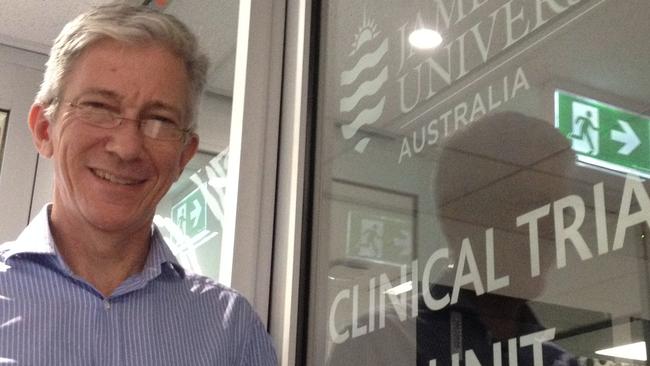Federal budget 2018: Doctor training shift irks medical school deans
Medical school deans have denounced the federal government’s budget plan to shift doctor training places to the bush.

Medical school deans have denounced the federal government’s budget plan to shift doctor training places to the bush in an effort to reduce the shortage of doctors in regional areas.
Health Minister Greg Hunt’s plan, announced in the budget, will take away about 60 government-funded training places every three years from medical schools and make them available to universities that are able to provide “end to end” doctor training in regional locations.
Seven universities — UNSW, Monash, Western Sydney, Charles Sturt, La Trobe and the universities of Melbourne and Sydney — have signed up to the plan and will become part of the Murray-Darling medical schools network, training doctors in Wagga Wagga, Dubbo, Orange, Bendigo, Mildura, Shepparton and Wodonga, which the government is supporting with $95.4 million. Even though vice-chancellors yesterday hailed the plan, the deans’ association, Medical Deans Australia and New Zealand, said it lacked transparency and had real potential “to lead to some very perverse outcomes”.
Medical Deans president Richard Murray said the policy had been developed without consultation with his group. “There is a risk that future announcements about medical school places might be informed more by political considerations rather than where doctors are needed,” he said.
Because the government’s policy is to keep the number of funded medical training places constant, the student places in the bush will be taken from existing medical schools, rousing the ire of medical deans. The plan is that 2 per cent, or about 60 places, will be withdrawn from existing medical schools every three years, starting in 2021.
Professor Murray said his group supported training more doctors “from, in and for rural areas”. But he said the key issue in persuading more doctors to go to regional areas was not the location where students did medical training but where they did post-degree training such as internships and continued their training to become specialists.
Professor Murray said this period of training was more likely to be in the cities. “This is when we lose them,” he said. “Rural medical education must be joined up with regional training to enable graduates to become the doctors so sorely needed in rural Australia.”
La Trobe University vice-chancellor John Dewar said it was not a matter of choosing between having medical training places in regional areas or having more post-degree training in the regions. “We need both,” he said.
“The case for specialist training will be assisted by having more regionally minded graduates.”



